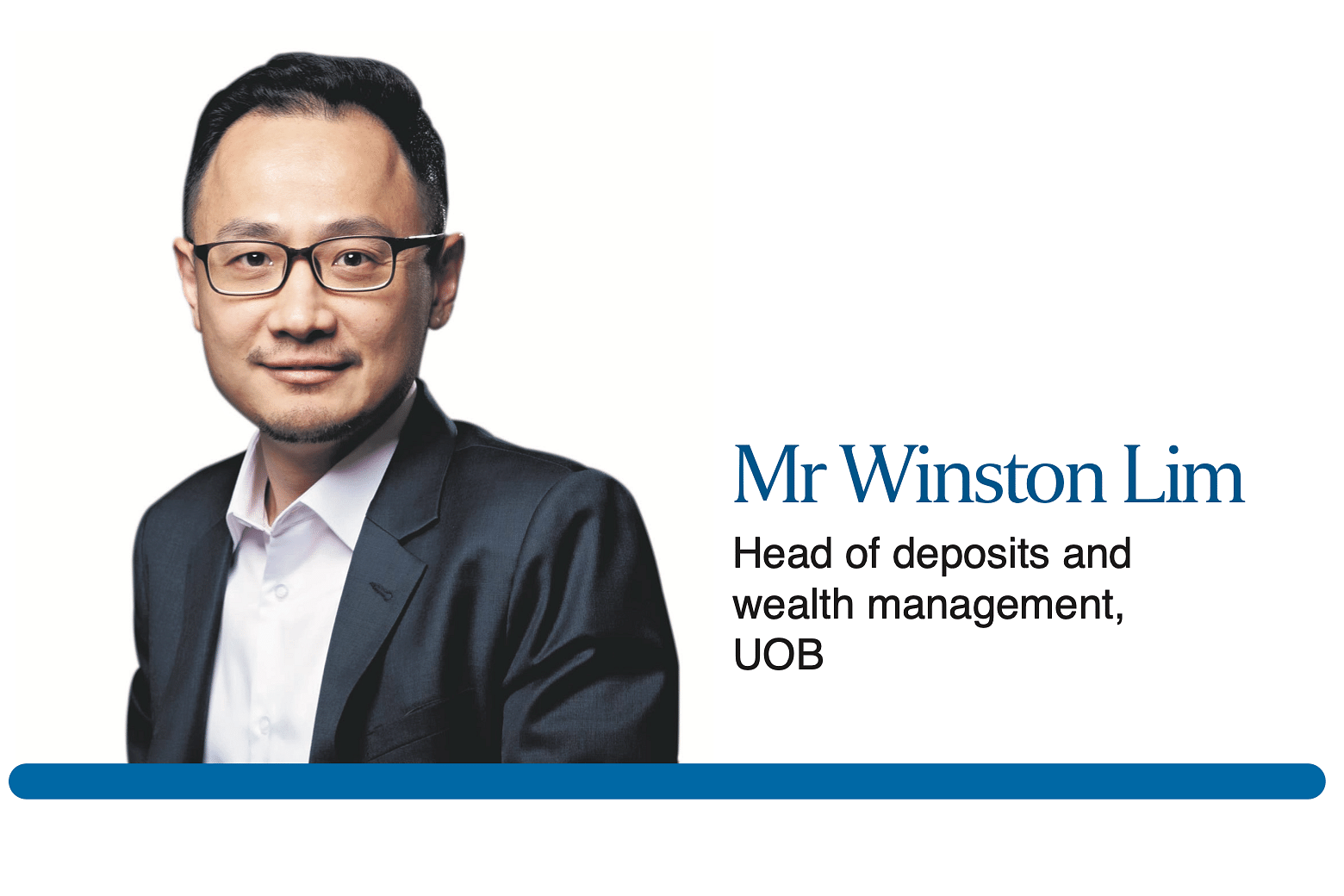At a time when everything seems to cost more, are you inclined to cut back on non-essential spending? Not necessarily, says a Straits Times poll of about 500 people last month.
Close to 40 per cent of those above the age of 24 prioritise spending on travel and other discretionary expenses this year – despite core consumer prices rising 5 per cent year on year last month. The poll was conducted ahead of this series to gather the financial sentiments of Singapore residents.
If you expect to spend more during the school holidays, what can you do to stretch your dollars? Mr Winston Lim, head of deposits and wealth management at UOB, answers some of your key concerns.

Mr Lim, 48, has over two decades of experience in financial services. He previously headed the personal financial services and private wealth management team in UOB China.
Q: My family and I will be travelling during the school holidays and spending more than usual. How can we avoid overspending?
A: This may seem elementary, but we often do not set a fixed budget for our holidays. Having a clear idea of how much you would like to spend helps you stay disciplined before and during your trip.
You could convert this amount using a multi-currency wallet, such as Mighty FX on our UOB TMRW app, and only spend from your foreign currency accounts so you do not exceed your budget.
Planning ahead also helps. You usually find better rates for airfares and hotels the earlier you start planning. This could apply to exchange rates too. For example, the Monetary Authority of Singapore recently paused its policy tightening, which could result in the Singdollar weakening against currencies such as the euro or Australian dollar in the months ahead.
Remember to buy travel insurance ahead of time. Your plan should cover you for trip cancellation, overseas medical treatments and follow-up medical expenses after you return, among other things. Skimping on your travel plans would be for nought if you incur large expenses due to unforeseen events.
Q: Having a multi-currency wallet seems to be a convenient way to convert currencies for my overseas trips. How do I choose one?
A: Make sure the exchange rates are transparent and be aware of additional fees that will be levied, such as for conversions over a certain amount or during the weekend.
If you do not have time to track exchange rates closely, being able to set alerts and automatically make conversions at predetermined rates would be helpful. Also check if there are caps on how much you can convert.
Consider whether your foreign currency holdings will earn any interest and check how convenient it will be to spend in your foreign currencies.
Being able to pay with a debit card online and overseas without additional fees can stretch your dollars further, while the ability to withdraw cash from overseas automated teller machines means you do not have to carry large sums of cash.
With Mighty FX, there are no conversion fees currently, and only the amount quoted will be debited from your account. You can set rate alerts and receive interest on both your Singdollar and selected foreign currency balances – an added benefit of converting early if you encounter a good rate. There is no limit on your monthly spends, so you do not have to worry if you are on a longer trip.
Q: I recently graduated and started my first job. How do I strike a balance between spending on conveniences and setting aside enough for my savings and investments?
A: You could start with the well-known 50/30/20 rule: Budget 50 per cent of your income for needs such as paying your bills, 30 per cent for items you want, and 20 per cent for growing your savings. A good practice is to “pay yourself first” by setting aside your savings as soon as you receive your salary.
You should have a clear plan for your savings. First, accumulate enough emergency funds to cover your expenses for at least six months.
Having adequate insurance coverage is also important. We advocate our Risk-First Approach to managing your wealth, which prioritises protecting yourself against risks such as hefty hospitalisation bills due to a major illness. Your premiums will likely be lower now than if you sign up for insurance coverage in your 30s or 40s.
Once protected, you then have peace of mind to build your wealth by investing. Consider investing a fixed amount regularly. For example, UOB SimpleInvest on our TMRW app allows you to invest a recurring amount monthly in curated fund portfolios.
Doing this helps you benefit from dollar-cost averaging and avoid the risk of investing all your money when markets are at a high. More importantly, invest early so your money has more time to benefit from the power of compounding.


